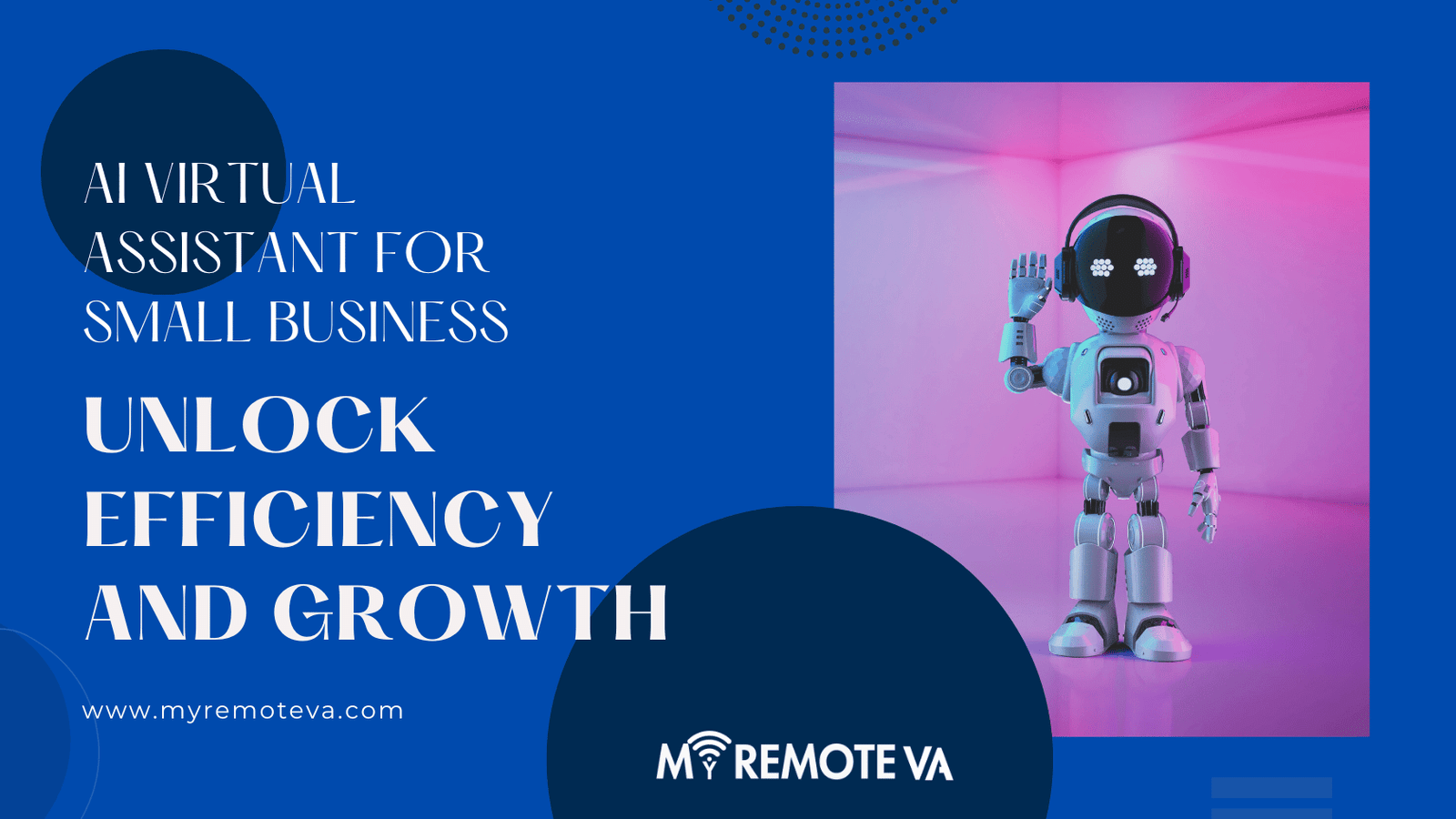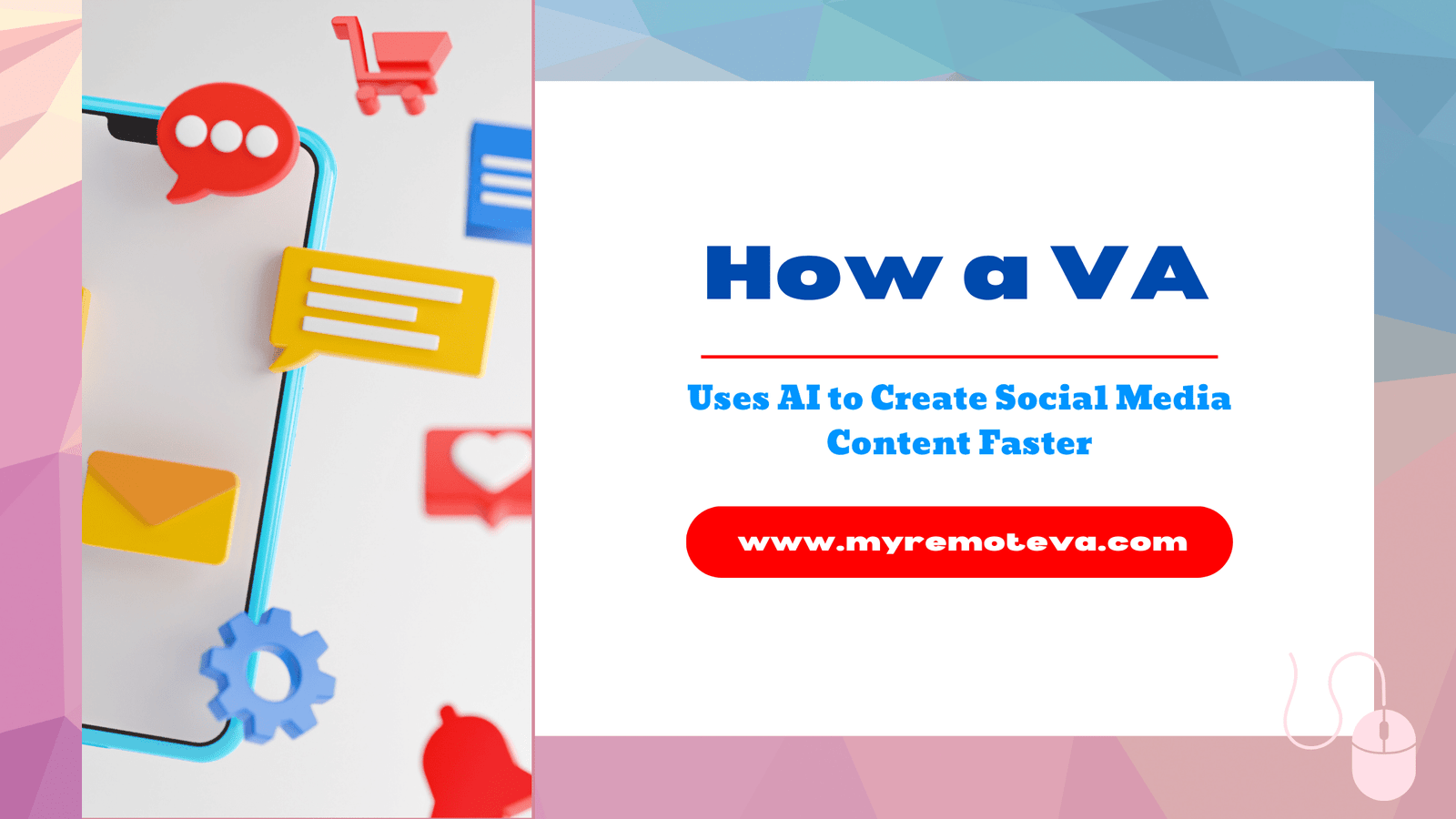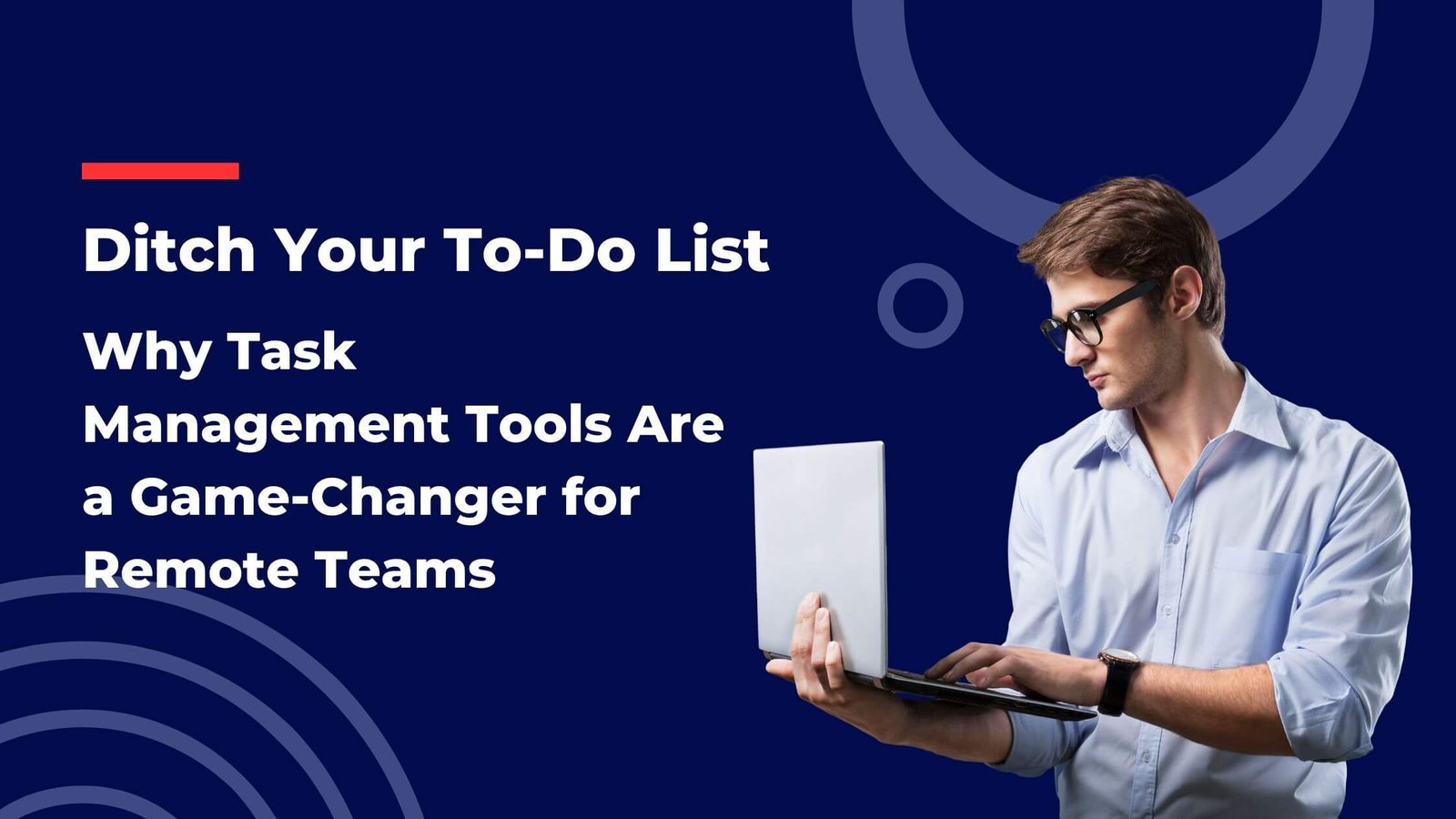AI Virtual Assistant for Small Business: Unlock Efficiency and Growth
In today’s fast-paced business environment, small businesses often struggle to balance operational demands with strategic growth initiatives. An AI virtual assistant offers a powerful solution, streamlining tasks and freeing up valuable time for owners and employees to focus on core competencies.
- AI Virtual Assistant for Small Business: Unlock Efficiency and Growth
- Introduction to AI Virtual Assistants for Small Businesses
- Benefits of Using an AI Virtual Assistant for Small Business
- Key Features and Capabilities of AI Virtual Assistants
- Market Signals: Global Trends in AI Virtual Assistant Adoption (Last Month)
- Choosing the Right AI Virtual Assistant for Your Small Business
- Implementation Tips for AI Virtual Assistants in Your Small Business
- Case Studies: Successful AI VA Implementations in Small Businesses
- Future Trends in AI Virtual Assistants for Small Businesses
- FAQ: Frequently Asked Questions about AI Virtual Assistants for Small Businesses
- Conclusion: AI Virtual Assistants - A Game Changer for Small Businesses
Boosting Productivity and Reducing Costs
AI-powered virtual assistants can automate a wide range of tasks, from scheduling appointments and managing email to handling customer inquiries and generating reports. This automation translates directly into increased productivity and reduced operational costs. By delegating repetitive or time-consuming tasks to an AI, businesses can optimize resource allocation and improve overall efficiency.
Consider the time spent on administrative tasks each week. Data shows that automating these tasks with an AI virtual assistant can potentially save several hours per employee, leading to significant cost savings and increased output .
Focus on Core Business Activities
With an AI virtual assistant handling routine tasks, small business owners and their teams can dedicate more time to strategic activities like business development, product innovation, and customer relationship management. This shift in focus can lead to significant improvements in revenue generation and overall business growth.
Scalable Support and 24/7 Availability
One of the key advantages of an AI virtual assistant is its scalability. As your business grows, the AI can easily adapt to handle increased workloads and new tasks. Furthermore, AI virtual assistants can provide 24/7 support, ensuring that your customers receive timely assistance regardless of the time of day. This constant availability can significantly enhance customer satisfaction and loyalty.
Introduction to AI Virtual Assistants for Small Businesses
In today’s fast-paced business environment, small business owners are constantly seeking ways to streamline operations, reduce costs, and improve efficiency. AI Virtual Assistants (VAAs) are emerging as a powerful tool to achieve these goals. These AI-powered assistants can automate tasks, provide valuable insights, and free up your time to focus on strategic growth.
What is an AI Virtual Assistant?
An AI Virtual Assistant leverages artificial intelligence to perform a wide range of tasks that traditionally require human intervention. They can handle administrative duties, customer service inquiries, marketing tasks, and even technical support, often operating 24/7.
Benefits of AI Virtual Assistants for Small Businesses
Implementing an AI VA can provide several advantages:
- Increased Efficiency: Automate repetitive tasks, freeing up your time and your employees’ time for more important work.
- Cost Savings: Reduce overhead costs associated with hiring and training additional staff.
- Improved Customer Service: Provide instant support and answers to customer inquiries, leading to increased satisfaction.
- Data-Driven Insights: Leverage AI to analyze data and identify trends, helping you make better business decisions.
- Scalability: Easily scale your operations as your business grows, without the need to hire additional personnel immediately.
How to Leverage AI VA Effectively
Small businesses can start by identifying key areas where an AI VA can provide the most value. This might include scheduling appointments, managing social media, answering frequently asked questions, or generating reports. Some solutions focus on providing expert virtual assistant support by combining skilled human VAs with AI tools, offering flexible hourly or team-based plans to manage tasks. With this combination, clients can delegate admin, tech, customer support, marketing, creative tasks, or executive work, with dedicated supervision ensuring quality and efficiency.
Benefits of Using an AI Virtual Assistant for Small Business
For small businesses, time and resources are often stretched thin. An AI virtual assistant can provide a cost-effective way to handle repetitive tasks, improve efficiency, and free up valuable time for strategic initiatives. By automating various processes, an AI VA can significantly contribute to growth and improved operations.
Increased Efficiency and Productivity
AI virtual assistants excel at automating routine tasks. This automation translates directly into increased efficiency and productivity, allowing your team to focus on higher-value activities. For example, AI can schedule appointments, manage emails, and even generate basic reports, significantly reducing the administrative burden on your staff.
Reduced Operational Costs
Hiring full-time employees can be expensive, considering salaries, benefits, and overhead costs. An AI virtual assistant offers a more budget-friendly alternative. You only pay for the services you need, eliminating the costs associated with traditional employment. They can assist across various functions, from administrative tasks to basic customer support, often at a fraction of the cost of a human employee.
Improved Customer Service
AI-powered chatbots and virtual assistants can provide instant support to your customers, 24/7. This ensures that customer inquiries are addressed promptly, leading to improved customer satisfaction and loyalty. They can answer frequently asked questions, troubleshoot common issues, and even direct customers to the appropriate resources.
Data-Driven Insights
Many AI virtual assistants are equipped with analytics capabilities that can provide valuable insights into your business operations. They can track key performance indicators (KPIs), identify trends, and generate reports that help you make informed decisions. This data-driven approach can lead to improved efficiency, optimized processes, and increased profitability.
Scalability and Flexibility
One of the key advantages of using an AI virtual assistant is its scalability and flexibility. As your business grows, you can easily scale up or down your AI VA services to meet your changing needs. This eliminates the need for costly and time-consuming hiring processes, allowing you to adapt quickly to market changes and business opportunities.
Key Features and Capabilities of AI Virtual Assistants
AI virtual assistants are rapidly transforming the way small businesses operate, offering a cost-effective way to enhance productivity and efficiency. These sophisticated tools offer a range of features designed to streamline operations and free up valuable time for business owners and their teams.
Automation of Repetitive Tasks
One of the most significant benefits of an AI virtual assistant is its ability to automate repetitive tasks. This can include scheduling appointments, managing calendars, sending reminders, and processing routine data entry. By automating these tasks, employees can focus on more strategic and creative endeavors that contribute directly to business growth.
Improved Customer Service
AI virtual assistants can significantly improve customer service by providing instant responses to inquiries, resolving basic issues, and offering 24/7 support. AI-powered chatbots can handle a large volume of customer interactions simultaneously, ensuring that customers receive prompt and efficient assistance, leading to increased customer satisfaction and loyalty.
Data Analysis and Reporting
AI virtual assistants can analyze large datasets to identify trends, patterns, and insights that can inform business decisions. They can generate reports on key performance indicators (KPIs), providing business owners with valuable information to optimize operations and improve performance. This data-driven approach enables small businesses to make more informed decisions and achieve better outcomes.
Content Creation and Marketing Support
Many AI virtual assistants can assist with content creation and marketing tasks, such as writing social media posts, generating email marketing campaigns, and creating website content. While not a replacement for human creativity, they can help to streamline the content creation process and improve marketing efficiency. This assistance can be invaluable for small businesses that may lack dedicated marketing resources.
Personalized Experiences
AI virtual assistants can leverage data to personalize customer experiences. By tracking customer preferences and behaviors, they can provide tailored recommendations, customized content, and personalized interactions. This level of personalization can enhance customer engagement and build stronger relationships.
Market Signals: Global Trends in AI Virtual Assistant Adoption (Last Month)
The adoption of AI virtual assistants by small businesses continues to surge globally. Several key trends have emerged over the last month, indicating a significant shift towards leveraging AI to streamline operations and enhance customer experience.
Increased Interest in AI-Powered Customer Support
Small businesses are increasingly exploring AI virtual assistants to handle routine customer inquiries, freeing up human agents to focus on more complex issues. This trend is driven by the need to provide 24/7 availability and instant responses, improving customer satisfaction without significantly increasing operational costs.
Growing Demand for Automated Administrative Tasks
AI virtual assistants are being utilized to automate administrative tasks such as scheduling appointments, managing calendars, and processing invoices. This automation frees up valuable time for small business owners and employees to focus on core business activities and strategic initiatives.
Rise in AI-Driven Marketing Support
Small businesses are leveraging AI virtual assistants for various marketing tasks, including social media management, content creation, and lead generation. AI’s ability to analyze data and personalize marketing efforts is driving this trend, helping small businesses reach their target audiences more effectively.
Focus on Integration with Existing Systems
A key trend is the increasing emphasis on seamless integration of AI virtual assistants with existing business systems, such as CRM software, email platforms, and project management tools. This integration ensures a smooth workflow and maximizes the efficiency gains from AI adoption.
These trends highlight the growing recognition among small businesses that AI virtual assistants can provide significant benefits in terms of efficiency, cost savings, and customer satisfaction. As AI technology continues to evolve, its adoption in the small business sector is expected to further accelerate.
Choosing the Right AI Virtual Assistant for Your Small Business
Selecting the appropriate AI virtual assistant for your small business can significantly impact efficiency and productivity. It’s crucial to assess your specific needs and identify the features that will best support your business goals. This decision isn’t just about adopting the latest technology; it’s about strategically integrating AI to streamline operations and free up valuable time.
Assessing Your Business Needs
Before diving into the options, take a step back and analyze your current workload. What tasks are consuming the most time? Where are the bottlenecks in your processes? Are there repetitive administrative tasks that could be easily automated? Answering these questions will help you determine the type of AI virtual assistant that’s best suited for your business.
Consider areas where virtual assistant support could be beneficial. This could include:
- Admin Tasks: Scheduling appointments, managing calendars, and handling email correspondence.
- Tech Support: Troubleshooting basic technical issues, managing website updates, and providing customer support for technical products.
- Customer Support: Answering customer inquiries, resolving complaints, and providing general assistance.
- Marketing Tasks: Managing social media accounts, creating marketing materials, and running email campaigns.
- Creative Tasks: Designing graphics, writing blog posts, and creating video content.
Key Features to Consider
Once you understand your needs, you can start evaluating different AI virtual assistant options based on their features. Here are a few key features to consider:
- Integration Capabilities: Does the AI virtual assistant integrate seamlessly with your existing tools and platforms, such as your CRM, email marketing software, and project management system?
- Customization Options: Can you customize the AI virtual assistant to meet your specific needs and workflows?
- Scalability: As your business grows, can the AI virtual assistant scale with you?
- Security and Privacy: Does the AI virtual assistant prioritize data security and privacy?
- Cost: Does the AI virtual assistant fit within your budget? Consider both upfront costs and ongoing fees.
Understanding Different Plan Options
Many AI virtual assistant services offer different plan options to accommodate businesses of all sizes. These plans often vary in terms of the number of hours included, the level of support provided, and the features available. Understanding these options is essential to choosing the right plan for your business.
Some services may offer hourly plans, monthly plans, or even dedicated plans that provide a set number of hours per month. If you’re not sure where to start, a trial period or a smaller plan may be a good option to test the waters and see how the AI virtual assistant can benefit your business.
Implementation Tips for AI Virtual Assistants in Your Small Business
Successfully integrating an AI virtual assistant can significantly boost productivity and efficiency for your small business. However, a smooth implementation requires careful planning and execution. Here are some key tips to consider:
1. Define Clear Goals and Objectives
Before you even start looking at AI solutions, clearly define what you want the virtual assistant to achieve. What specific tasks do you want to automate? What problems are you trying to solve? Are you looking to improve customer service response times, manage your calendar more efficiently, or automate data entry? Having well-defined goals will help you choose the right AI assistant and measure its success.
2. Choose the Right AI Assistant for Your Needs
The market offers a wide range of AI virtual assistants, each with its own strengths and weaknesses. Some specialize in customer service, while others are better suited for administrative tasks. Consider factors like the AI’s capabilities, integration options, cost, and ease of use. Start by identifying tasks such as admin, tech, customer support, marketing, creative tasks, or executive work and then see which virtual assistant works best for them. Many AI assistants offer free trials or demos, so take advantage of these to test them out before committing.
3. Start Small and Iterate
Don’t try to automate everything at once. Begin with a pilot project focusing on a specific task or area of your business. This allows you to test the AI assistant’s capabilities, identify potential challenges, and refine your implementation strategy. As you gain experience and confidence, you can gradually expand the AI’s role to other areas.
4. Train Your AI Assistant
AI virtual assistants are not perfect out of the box. They need to be trained on your specific data and processes to perform optimally. This involves providing them with examples of the tasks you want them to perform, correcting their mistakes, and giving them feedback. The more you train your AI assistant, the better it will become at understanding your needs and delivering accurate results. This training is an ongoing process.
5. Monitor Performance and Make Adjustments
Regularly monitor the AI assistant’s performance to ensure it is meeting your goals. Track key metrics such as task completion rates, error rates, and customer satisfaction. Use this data to identify areas for improvement and make adjustments to the AI’s configuration or training. Also, review the processes that your AI assistant uses and see if you can delegate some tasks from the AI Assistant to a VA or supervisor to free them from tasks and allow them to get creative and do something they are good at.
6. Integrate with Existing Systems
For maximum efficiency, integrate your AI virtual assistant with your existing business systems, such as your CRM, email marketing platform, and accounting software. This will allow the AI assistant to access and share data seamlessly, automating workflows and reducing manual data entry.
7. Provide Ongoing Support and Maintenance
Like any technology, AI virtual assistants require ongoing support and maintenance. Keep the software updated, address any technical issues promptly, and provide regular training to your employees on how to use the AI assistant effectively. This will ensure that the AI assistant continues to deliver value to your business over the long term.
Case Studies: Successful AI VA Implementations in Small Businesses
AI Virtual Assistants are rapidly transforming how small businesses operate, driving efficiency, cost savings, and improved customer experiences. Here are a few examples illustrating the impactful integration of AI VAs in various business scenarios:
Streamlining Customer Support for an E-commerce Startup
A burgeoning e-commerce startup, overwhelmed by customer inquiries, integrated an AI VA to handle Level 1 support. This AI VA could answer frequently asked questions regarding shipping, order status, and product information. The result? A significant reduction in response times, freeing up human agents to focus on complex issues, and an overall increase in customer satisfaction. The AI handled over 60% of initial inquiries, leading to a 30% decrease in operational costs related to customer support.
Boosting Social Media Engagement for a Local Restaurant
A small restaurant leveraged an AI VA to manage their social media presence. The AI VA automated tasks like scheduling posts, responding to comments, and monitoring brand mentions. Using natural language processing, the AI VA could also identify and address customer complaints or negative feedback promptly. This led to a demonstrable increase in social media engagement and a positive impact on the restaurant’s online reputation. They observed a 40% growth in followers and a 25% increase in online orders attributed to improved social media management.
Automating Lead Generation for a Consulting Firm
A consulting firm used an AI VA to automate their lead generation process. The AI VA was programmed to identify and qualify potential leads based on specific criteria, such as industry, company size, and job title. By automating this process, the firm was able to significantly reduce the time and resources spent on lead generation, resulting in a higher volume of qualified leads and increased sales opportunities. They reported a 20% increase in qualified leads and a 15% improvement in their conversion rate.
Managing Administrative Tasks for a Busy Founder
Many small business owners find themselves bogged down by administrative tasks. AI VAs can assist with scheduling appointments, managing email inboxes, data entry, and creating reports. By delegating these time-consuming tasks to an AI VA, founders can reclaim valuable time to focus on strategic priorities and business growth. The time saved can be used for product development, fundraising, or building strategic partnerships.
Future Trends in AI Virtual Assistants for Small Businesses
The landscape of AI virtual assistants is rapidly evolving, promising even greater benefits for small businesses. As AI technology advances, we can expect to see these assistants become more sophisticated, intuitive, and integrated into everyday business operations. Small businesses can leverage these advancements to streamline processes, enhance customer experiences, and ultimately, boost their bottom line.
Enhanced Natural Language Processing (NLP)
Future AI virtual assistants will boast even more advanced NLP capabilities. This means they will be better at understanding nuanced requests, deciphering complex language, and responding in a more human-like manner. They will be able to handle more sophisticated customer service inquiries, generate higher-quality content, and even participate in more strategic decision-making. NLP advancements also mean less time wasted correcting errors or rephrasing requests.
Hyper-Personalization
Expect AI virtual assistants to offer increasingly personalized experiences. They will learn individual user preferences, anticipate needs, and tailor responses accordingly. Imagine an AI assistant that not only schedules your meetings but also proactively gathers relevant information based on your upcoming agenda and preferred sources. This level of personalization will allow small business owners to focus on their core competencies while the AI handles routine tasks with remarkable efficiency.
Greater Integration with Business Applications
Seamless integration with existing business applications will be a hallmark of future AI virtual assistants. From CRM and project management tools to accounting software and marketing platforms, these assistants will act as a central hub, streamlining workflows and eliminating data silos. This integration will allow for a more holistic view of the business and enable data-driven decision-making across all departments. For small businesses juggling multiple platforms, this level of integration can be a game-changer.
Proactive Problem Solving
Beyond simply responding to commands, future AI virtual assistants will become more proactive in identifying and solving problems. Using predictive analytics and machine learning, they will be able to anticipate potential issues, offer solutions, and even automate preventative measures. For example, an AI assistant could identify a potential bottleneck in a project timeline and automatically suggest alternative workflows or resource allocation adjustments.
Improved Security and Data Privacy
As AI virtual assistants handle more sensitive data, security and data privacy will become paramount. Expect advancements in encryption, access control, and data anonymization to ensure that business information is protected from unauthorized access and misuse. These enhanced security measures will build trust and confidence in the use of AI virtual assistants for small businesses.
FAQ: Frequently Asked Questions about AI Virtual Assistants for Small Businesses
Small businesses often have limited resources, making efficiency crucial. AI virtual assistants can be a game-changer, but understanding how they work and what they offer is essential. Here are some common questions:
What is an AI Virtual Assistant?
An AI virtual assistant is a software program powered by artificial intelligence that can perform tasks typically handled by a human assistant. This can include scheduling appointments, answering customer inquiries, managing emails, and automating workflows.
How can an AI Virtual Assistant help my small business?
AI virtual assistants can assist with a wide range of tasks, freeing up your time and resources. They can improve customer service by providing instant support, streamline administrative tasks, and even assist with marketing efforts. Tasks often delegated include:
- Customer Support: Answering frequently asked questions, resolving basic issues, and providing 24/7 support.
- Administrative Tasks: Scheduling appointments, managing calendars, and organizing files.
- Marketing: Automating social media posting, creating email marketing campaigns, and analyzing marketing data.
What are the different types of AI Virtual Assistants?
AI virtual assistants come in various forms, from simple chatbots to more sophisticated AI-powered platforms. Some are designed for specific tasks, while others offer a broader range of capabilities. When selecting an AI virtual assistant, consider your specific needs and choose a solution that aligns with your business goals.
How much does an AI Virtual Assistant cost?
The cost of an AI virtual assistant can vary significantly depending on the features, capabilities, and pricing model. Some solutions offer pay-as-you-go plans, while others require a monthly subscription. It’s essential to compare different options and choose a solution that fits your budget.
Is it easy to integrate an AI Virtual Assistant into my existing systems?
Many AI virtual assistants are designed to integrate seamlessly with popular business tools and platforms. However, the ease of integration can vary depending on the specific solution and your existing infrastructure. Be sure to check compatibility and integration options before making a purchase. Some virtual assistant companies also provide dedicated supervisors to manage the integration and training of the AI virtual assistant, ensuring smooth implementation and optimal performance.
What kind of tasks are NOT suitable for an AI Virtual Assistant?
While AI virtual assistants are becoming increasingly sophisticated, they are not yet capable of handling all tasks. Complex decision-making, tasks requiring empathy or creativity, and situations requiring nuanced human interaction are generally not suitable for AI virtual assistants.
What are the benefits of using AI over a human virtual assistant?
AI Virtual assistants offer 24/7 availability and can handle repetitive tasks quickly and efficiently, which can be more cost effective for specific tasks. However, human assistants excel at tasks that require emotional intelligence, creativity, and complex problem-solving.
Conclusion: AI Virtual Assistants – A Game Changer for Small Businesses
AI virtual assistants offer small businesses a powerful way to boost productivity, reduce costs, and streamline operations. By automating routine tasks and providing on-demand support, these digital assistants free up valuable time and resources, allowing entrepreneurs and their teams to focus on core business activities and strategic growth.
Is an AI Virtual Assistant Right for Your Business?
The answer likely depends on your specific needs and budget. Consider the types of tasks that consume the most time and resources within your organization. Could these tasks be effectively handled by an AI-powered solution? If so, an AI virtual assistant could be a worthwhile investment.
For small businesses seeking expert virtual assistant support, flexible options are available. These services offer curated Hourly Monthly Plans (5, 10, 20, 30 hours) and Dedicated Plans (80 hours, 160 hours, or multi-VA setups). Tasks that can be delegated include admin, tech, customer support, marketing, creative tasks, and executive work. A Dedicated Supervisor can even manage your VA, shift, processes, and reporting, saving you valuable time.
Ultimately, the key to successfully implementing an AI virtual assistant is to carefully assess your business requirements, choose a solution that aligns with your goals, and provide adequate training and support to ensure optimal performance. Embrace the power of AI and unlock the potential for greater efficiency and success in your small business.











